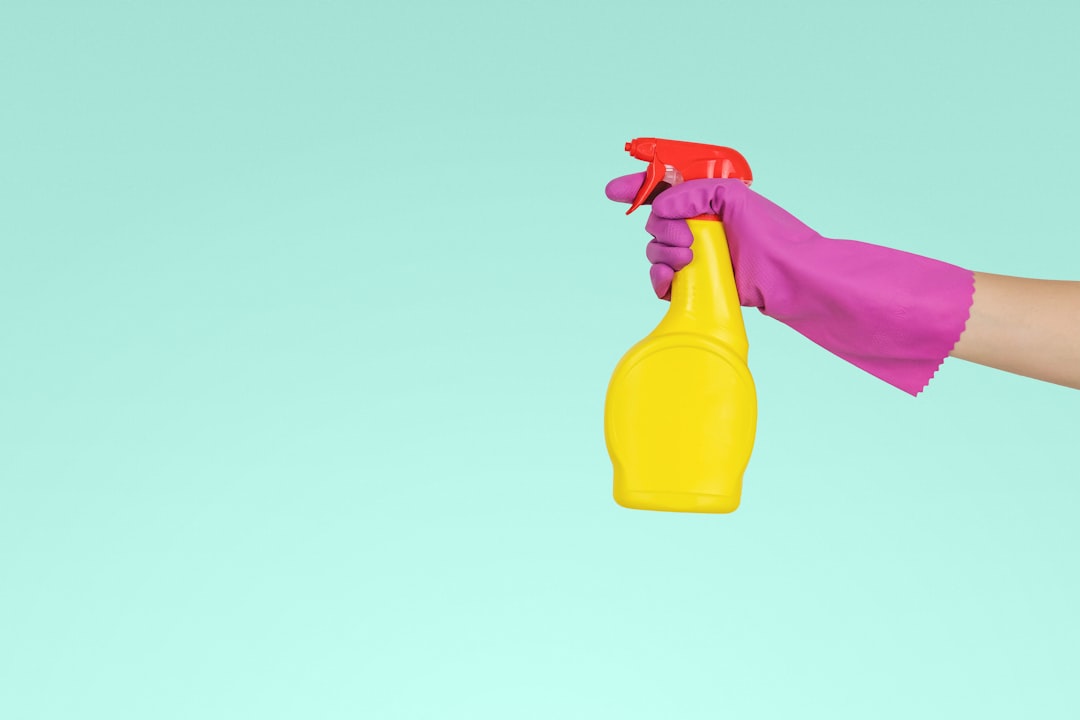Why Aren’t As Bad As You Think

When it comes to maintaining a clean and functional home, one essential task that often gets overlooked is drain cleaning. We rely on our drains every day to remove wastewater from our sinks, showers, and toilets, but if we neglect to clean them regularly, we may find ourselves dealing with unpleasant odors, clogs, and even costly repairs. In this comprehensive guide, we will walk you through the importance of drain cleaning, the common causes of clogged drains, and the best methods to keep your drains flowing freely.
Why is drain cleaning important?
Regular drain cleaning is crucial for several reasons. Firstly, it helps prevent clogs from forming in the first place. Over time, debris such as hair, soap scum, and food particles can accumulate, narrowing the passage for water to flow through. By regularly cleaning your drains, you can remove these potential blockages and ensure smooth water flow.
Secondly, drain cleaning helps eliminate foul odors that can emanate from your drains. Bacteria and mold thrive in the moist environment of your pipes, leading to unpleasant smells. Cleaning your drains helps remove these odor-causing culprits, leaving your home smelling fresh and clean.
Lastly, routine drain cleaning can extend the lifespan of your plumbing system. Neglected drains can lead to more significant issues, such as pipe corrosion or leaks. By taking proactive measures to maintain clean drains, you can avoid costly repairs down the line.
What causes clogged drains?
Understanding the common causes of clogged drains can help you prevent future blockages. Here are a few culprits to watch out for:
1. Hair: Hair is one of the leading causes of clogged drains, especially in bathroom sinks and showers. Over time, hair can accumulate and form tangled masses that obstruct water flow.
2. Soap scum: Soap residue can combine with minerals in the water to create a sticky film known as soap scum. If left untreated, soap scum can accumulate in drains and cause blockages.
3. Food waste: Kitchen sinks are notorious for clogs caused by food particles, grease, and oil. These substances can solidify and cling to the inner walls of the pipes, leading to decreased water flow.
4. Foreign objects: Accidentally dropping small objects down the drain, such as jewelry or children’s toys, can quickly lead to a clog. Be mindful of what goes down your drains to prevent such mishaps.
How can you clean your drains effectively?
Now that you understand the importance of drain cleaning and what causes clogs, let’s explore the best methods to keep your drains clean and functional:
1. Hot water: Flushing your drains with hot water regularly can help melt away grease and soap scum buildup. Let hot water run through your drains for a few minutes to break down any deposits.
2. Baking soda and vinegar: This natural and cost-effective method can effectively unclog drains. Start by pouring boiling water down the drain, then add half a cup of baking soda. Follow this with a mixture of one cup of vinegar and one cup of hot water. Cover the drain and let the mixture sit for about 10 minutes before flushing with hot water.
3. Plunger: Using a plunger is a simple yet effective way to dislodge minor clogs. Ensure there is enough water in the sink or tub to cover the rubber end of the plunger, and vigorously plunge up and down several times to create suction and dislodge the obstruction.
4. Drain snake: For more stubborn clogs, a drain snake can be a useful tool. Insert the snake into the drain and rotate it while pushing forward. This can help break up and remove blockages.
5. Enzyme cleaners: Enzyme-based drain cleaners are a safe and eco-friendly option for regular maintenance. These cleaners work by breaking down organic matter that can cause clogs. Follow the instructions on the product for best results.
By incorporating these methods into your regular household cleaning routine, you can ensure that your drains remain clean and clog-free.
Conclusion
Don’t overlook the importance of drain cleaning in maintaining a clean and functional home. Regularly cleaning your drains can prevent clogs, eliminate odors, and extend the lifespan of your plumbing system. By understanding the common causes of clogged drains and employing effective cleaning methods, you can keep your drains flowing freely and avoid costly repairs. So, take the necessary steps today to ensure your drains remain clean and trouble-free.
Leave a Reply